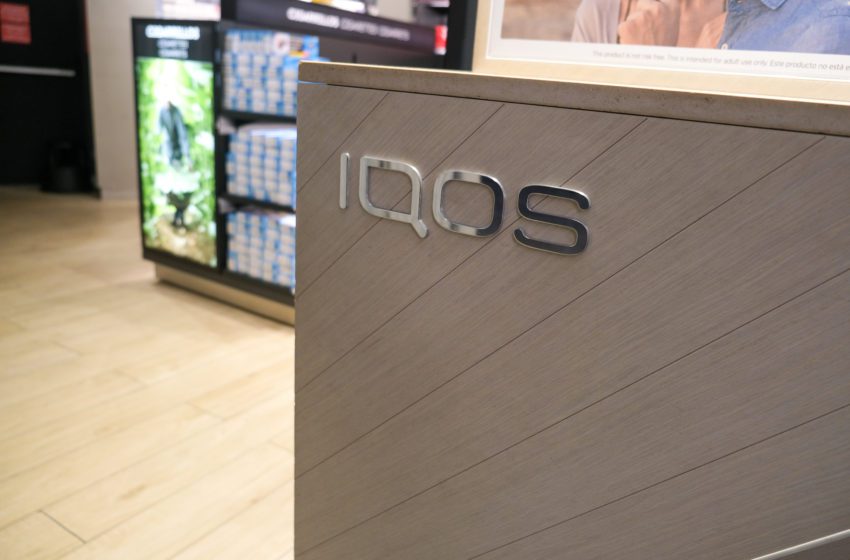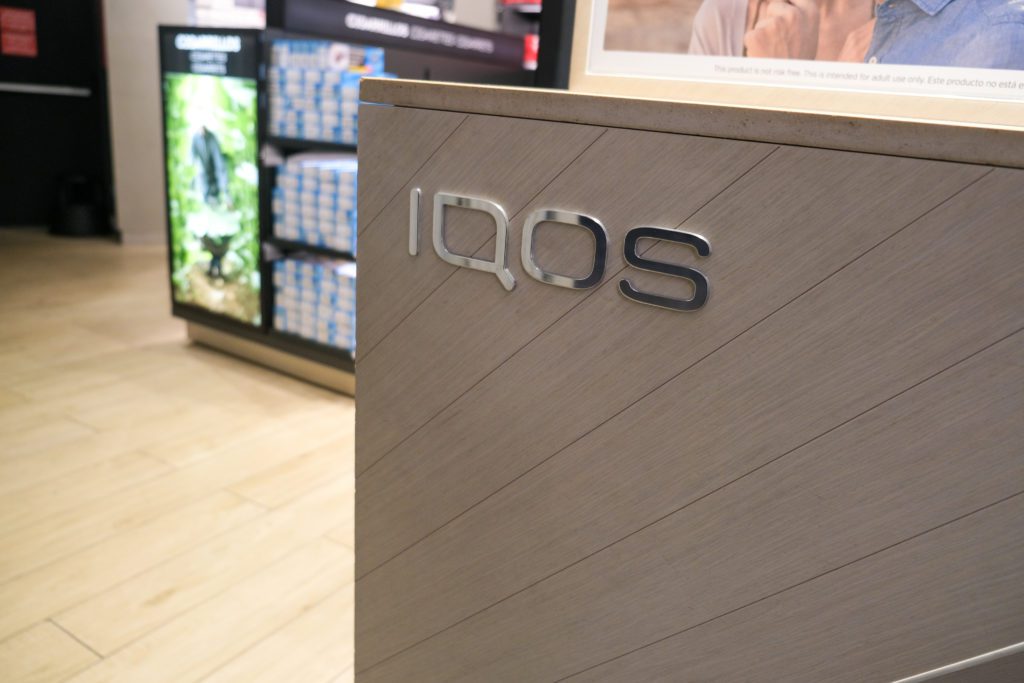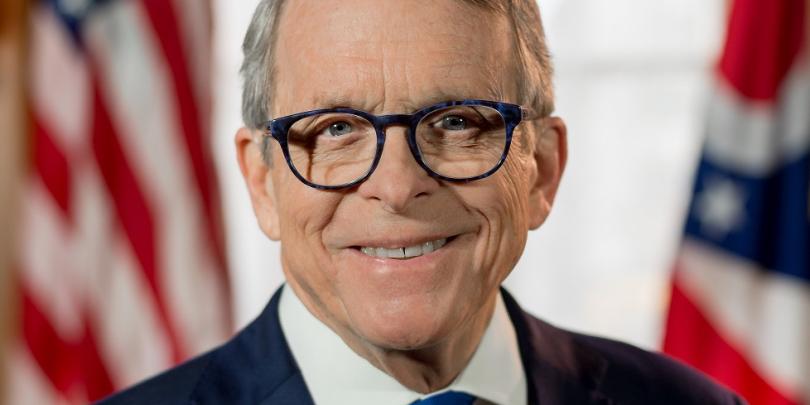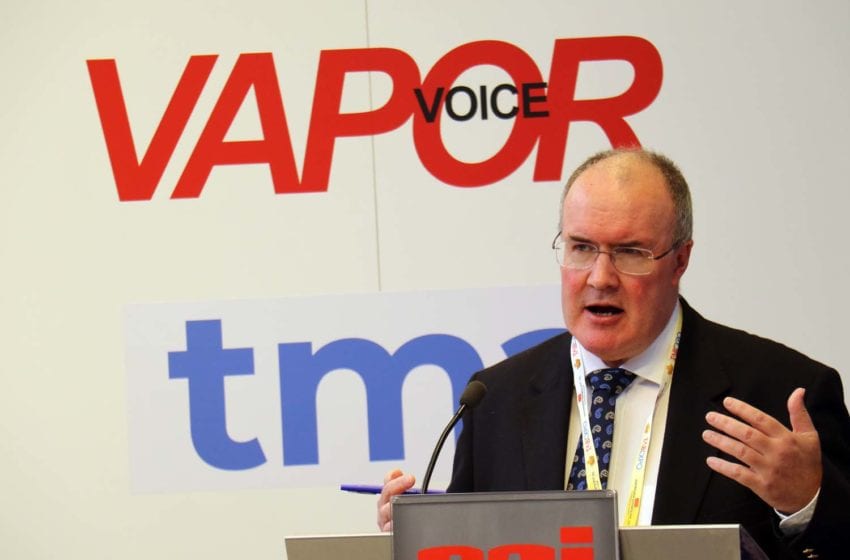
A new report from University of North Carolina researchers pushes the false claim that nicotine vaping products cause e-cigarette or vaping product use-associated lung injury (EVALI).
“At its core, EVALI is a serious disease that primarily affects the lungs and results in a substantial number of hospitalizations and deaths in a relatively young and otherwise healthy population across the United States,” said Meghan Rebuli, PhD, assistant professor in the Department of Pediatrics in the UNC School of Medicine, stated in a press release. “This epidemic is largely caused by the unregulated and quickly evolving nature of the e-cigarette industry and certainly highlights the need for continued action by both researchers and government agencies.”
In 2021, Rebuli co-led a virtual workshop which brought together pulmonologists, public health officials, epidemiologists, and toxicologists from across the U.S. to discuss their latest research findings and recommendations. A new report, with Rebuli as its lead author, was published in the Annals of the American Thoracic Society in December 2022.
The the U.S. Centers for Disease Control and Prevention (CDC) has stated that vitamin E acetate used in THC-based vaping products was “more than likely responsible” for causing EVALI. However, Vitamin E acetate wasn’t found in all of the EVALI-associated products, according to Rebuli.
“So, it is still quite possible that there are other components in e-cigarettes that can cause EVALI,” said Rebuli. “We just have not identified many of those yet.”
No components of nicotine-based vaping products have been associated with EVALI, according to the CDC.
In July of 2020, the CDC said states no longer have to track lung-related injuries caused by marijuana-based vapor products, partly because cases have dropped. The CDC said it stopped requiring states to report the numbers after it “pinpointed vitamin E acetate as the culprit in THC e-cigarettes” making people sick. The CDC said it is monitoring EVALI cases and hasn’t seen an uptick nationwide. However, It said the agency will continue to provide assistance to states as needed.
EVALI and false reporting surrounding its cause has boosted misinformation surrounding nicotine vaping products. A new study led by researchers at the American Cancer Society (ACS) shows perceptions of e-cigarettes as being “more harmful” than cigarettes by adults in the United States more than doubled between 2019-2020 and perceptions of e-cigarettes as “less harmful” declined between 2018-2020, when the EVALI concern was at its peak.
Dr. Kumar Subaramaniam, a physician based in Malaysia, says he finds the increased usage of the term EVALI worrisome, as it is often discussed in the wrong context, according to the New Strait Times. Kumar said that the issue lies with certain parties, who bring up EVALI at the mention of vaping, while repeating and spreading mistruths about vaping.
When the CDC identified the real culprit behind the EVALI outbreak, the presence of vitamin E acetate that was added into illegal tetrahydrocannabinol (THC) products, Kumar said the CDC’s slow reaction to announcing the cause caused the mishap that left a bad reputation on vaping, which was touted to give many smokers a chance to quit smoking tobacco products for good.
“So, it was not vaping that was the problem, rather the misuse and abuse of the products. But the damage has been done and the half-baked truths surrounding EVALI live on to this day,” he says. “The EVALI saga should not be used as a ‘boogeyman’ to dissuade us from seeking to regulate vaping and adopt a ‘zero-tolerance’ attitude. In fact, the EVALI saga in the U.S. shows above all the importance of regulations.”



















